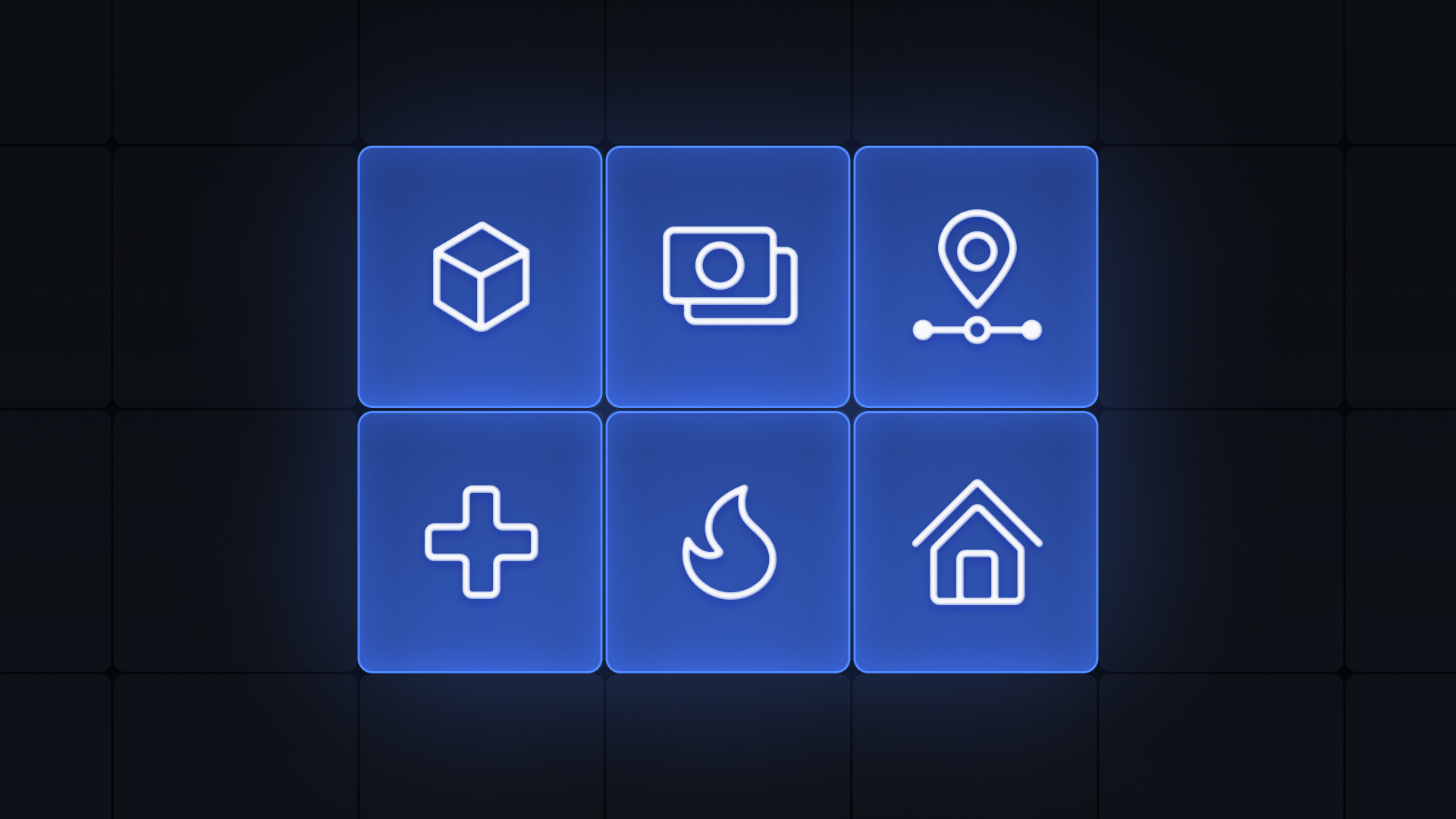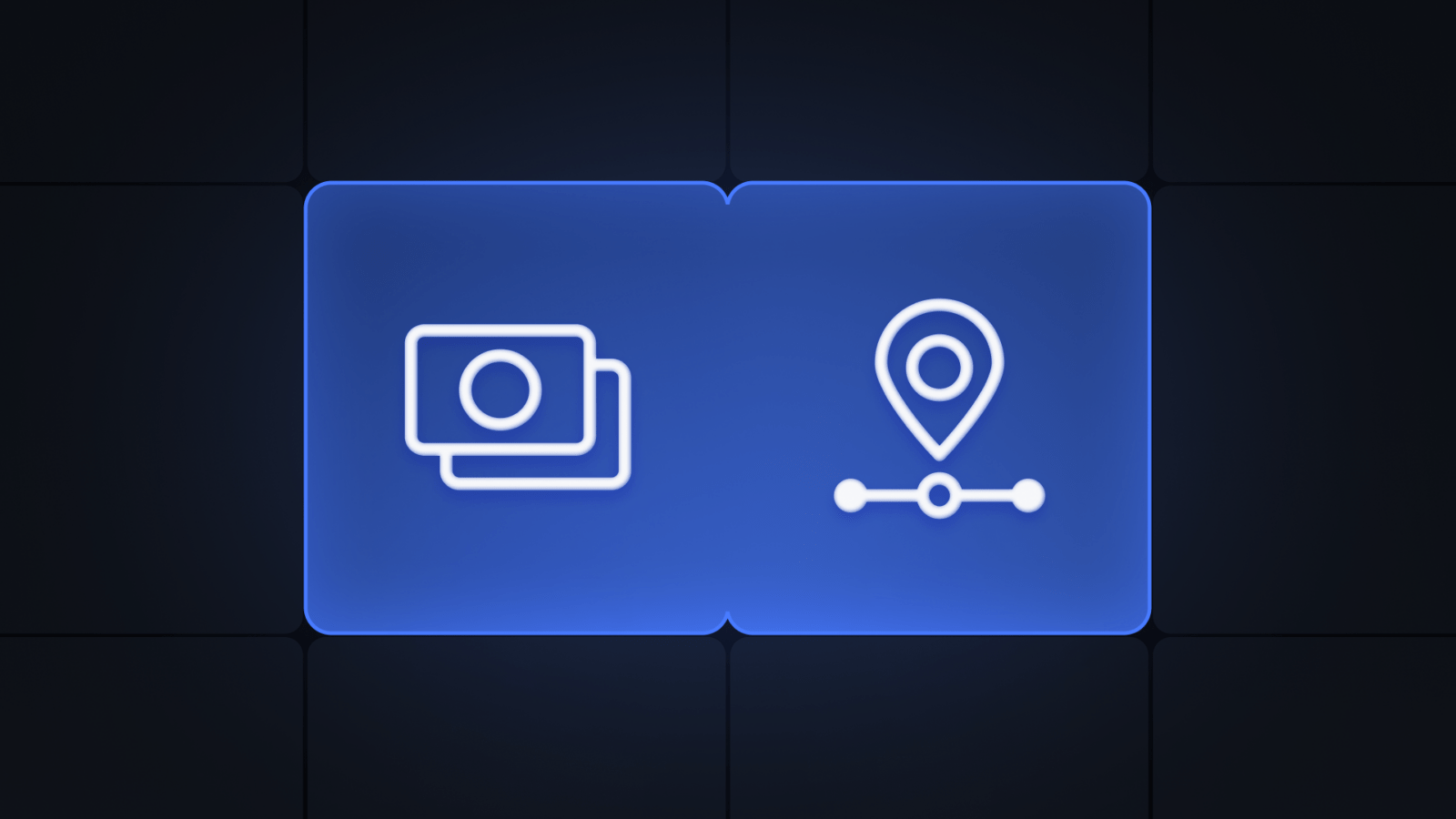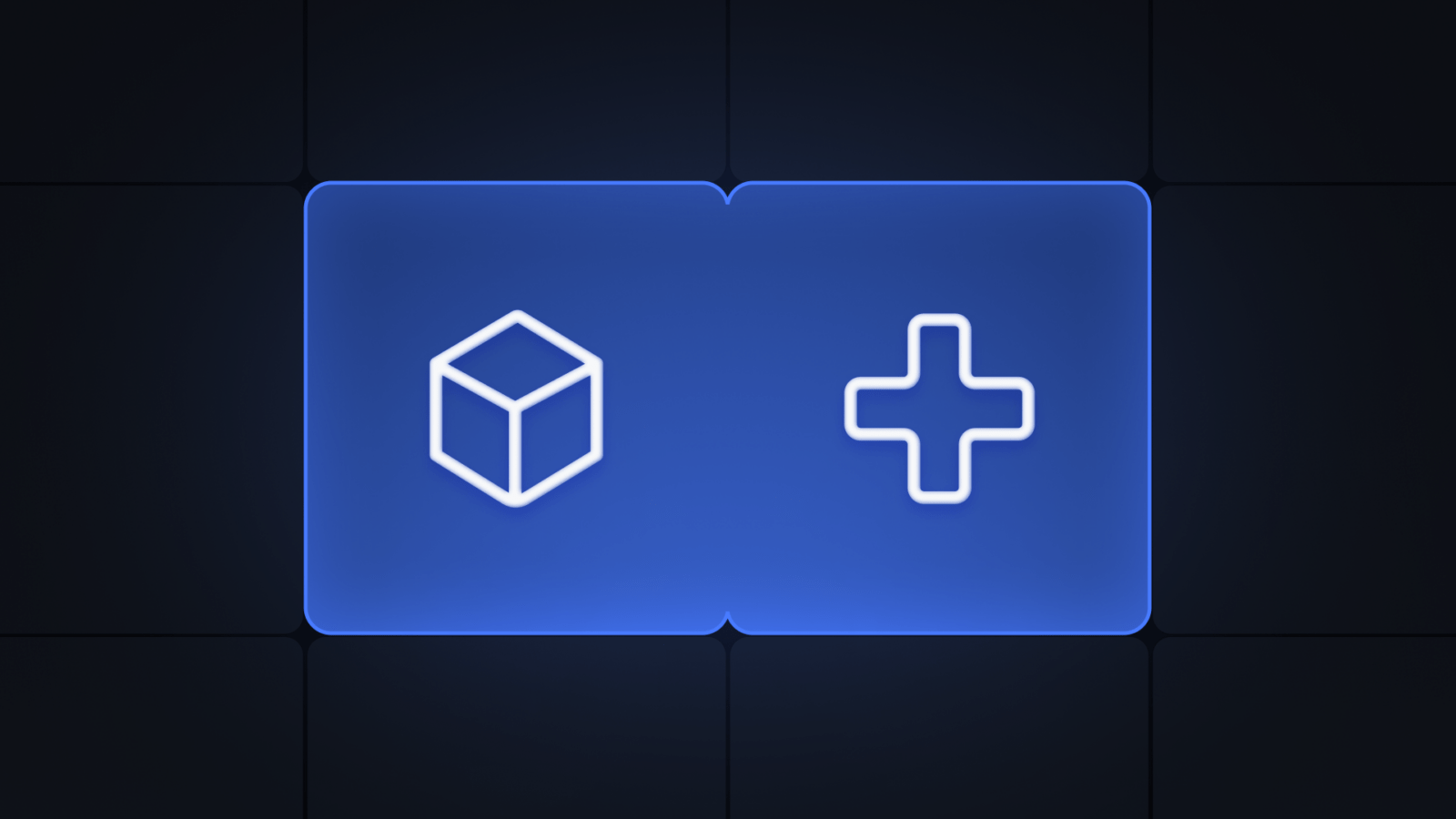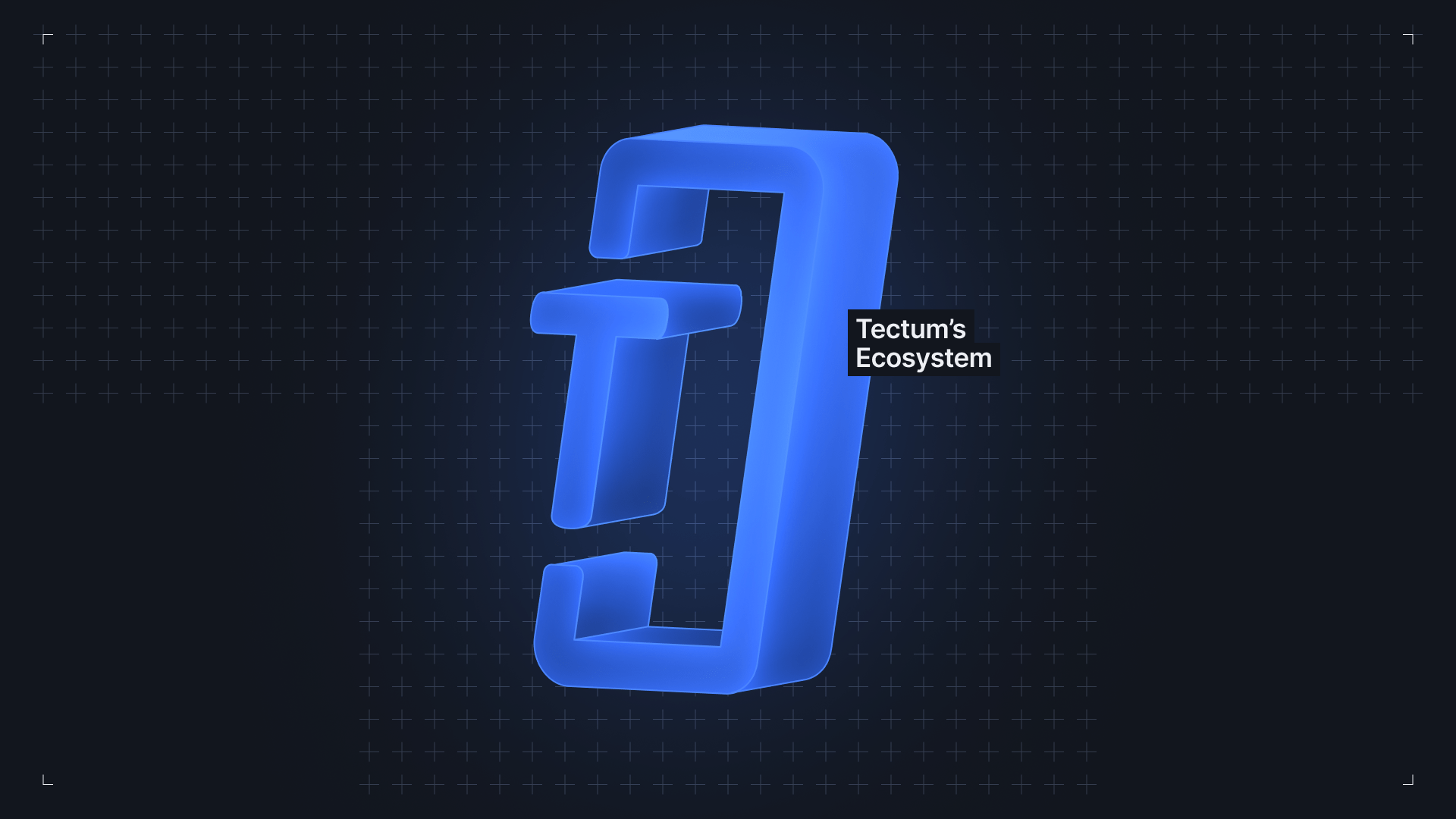Do you know that blockchain use cases significantly extend beyond cryptocurrency and DeFi? As mentioned in the post on blockchain hacking, decentralized ledger technology has immense potential. This disruptive tech can serve as a foundation for building just about any data infrastructure.

As long as it involves sending and receiving information, developers, startups, and even established can build on or transfer their operations to blockchain. Unlike orthodox technology, blockchain is more secure and transparent.
This article will briefly highlight some use cases of blockchain in different industries.
Blockchain Use Cases in Finance
The first and obvious option will be finance. After all, Bitcoin, the first blockchain, was designed specifically to create a secure, transparent, and anti-inflationary form of money. However, the essence of developing money was not just for the money itself
Instead, the purpose was to enable people to send, receive, and spend money through the following measures:
- Digital payments: The obvious blockchain use case in finance is making digital payments. Thanks to cryptocurrencies, anyone can send and receive money from the comfort of their mobile phone. All they need is a blockchain wallet that supports their preferred token.
- Cross-border transactions. Meanwhile, DeFi transactions are not limited to those within your country or geographical locations. You can also transfer funds to/from anyone globally, as long as they have a crypto wallet. Some newer payment methods like SoftNote Bills do not even require cryptocurrency wallets.
- Automating financial agreements: The most unappreciated application of blockchain in finance is payment automation. Thanks to smart contracts, businesses can automate transactions, even when they are not immediately available.
Some examples of companies that use blockchain in finance include:
- Binance: Cryptocurrency trading and investment
- Tectum: Cryptocurrency transactions and cross-border payments.
Supply Chain Management Revolution
In addition to finance, blockchain technology can be applied to supply chain management. As mentioned earlier, decentralized ledger tech is transparent and secure. These attributes can help maintain food safety and luxury goods integrity while in transit.
Thanks to these features, supply chain companies can use blockchain for the following purposes:
- Tracking goods in real-time: Since blockchain is transparent, the logistics firm and end users can monitor products in transit. It will also offer accurate insights into actual delivery dates.
- Reducing fraud: Blockchain transactions are permanent, and cannot be changed after data is added to a block. In this regard, any change to the products cannot be altered.
For a better appreciation of the usage of blockchain in logistics, let’s examine a related incident during the pandemic. Hackers attacked and compromised cold storage companies and changed critical information. While it remains unclear what their aim was, there were worries about information theft or altering.
These malicious individuals can alter the system to redirect and sell vaccines in containers to different destinations. Furthermore, they can tamper with the integrity of the vaccine and endanger public health
COVID-19 vaccines must remain at below -70 degrees during transport to maintain integrity. If the security breach is successful, hackers can alter the tracking information to hide the fact that the temperature dropped below that temperature while in transit.
The following firms use blockchain for logistical purposes:
- Maersk: Digitizing shipping documents to reduce paperwork and improve efficiency and transparency.
- Walmart: Tracking foods from farms to stores to easily verify the origin of produce and recall contaminated foods
Blockchain Use Cases in Healthcare
Looking at the supply chain example, it becomes already evident how healthcare firms can utilize blockchain. Thanks to its security measures, hospitals and similar organizations can securely store and share patient information. With zero-knowledge proof mechanism, they can further share only required details about the patient to the third party instead of every information.
For example, a patient is referred to a specialist hospital for eye checks. Instead of giving the specialist the person’s bio data, the referral hospital can share only details about previous eye examinations and surgery.
Below are blockchain use cases in healthcare:
- Secure patient data management: As mentioned earlier, healthcare providers can safely send, receive, and store information. Besides security, it is faster to share details on a blockchain than paper or orthodox technology.
- Drug supply chain transparency: Just like with food and luxury goods, pharmacies, and dispensaries can also use blockchain to track the products from supplies. They can also use on-chain verification to confirm the authenticity and origin of drugs.
- Clinical trial tracking and interoperability: Research organizations can also store and track trial information on a decentralized ledger. Thanks to its immutability, nobody can change the outcome of a trial. This will strengthen the integrity of vaccines and medications developed from these trials. It will also boost public trust in the healthcare system.
Here are some health organizations already using blockchain technology:
- Mayo Clinic: It partnered with MIT’s MedRec project to explore blockchain for secure, interoperable electronic health records (EHRs).
- Estonian eHealth Foundation:it uses blockchain to secure and manage health records for millions of citizens
Blockchain Use Cases for the Future
Despite the current achievements, there are still more opportunities for blockchain technology application. Some of them include the following:
- Real estate and, property records: Blockchain can also be applied to the real estate industry to secure records of properties. Imagine a world where you can trace the ownership of your current home to the first buyer.
- Voting systems and digital identity verification: Decentralized ledger can also improve identity verification, thanks to its anti-fraud capabilities. Having verifiable identities significantly improves voting systems and ensures that people get to choose their leaders.
- Sustainability and carbon credit tracking: With the proper architecture, decentralized ledger technology can boost environmental sustainability. Companies that positively impact the environment will earn carbon credits that can be converted or used for various purposes.
Overcoming Challenges in Adoption
Despite the immense potential of blockchain use cases in industries, there are still several challenges that developers must conquer. The first, and arguably the most challenging one, is regulatory hurdles. Those in positions of authority are more focused on condemning this technology than understanding it.
Furthermore, blockchain integration is lacking due to lack of adequate infrastructure. In turn, these infrastructures are lacking because there isn’t enough money to fund them. With little interoperable solution to bridge the gap between web2 and web3, it’s obvious why blockchain is still existing in a silo.
Tectum Ecosystem: A Comprehensive Example of Blockchain Applications
A closer example of how blockchain applications can be diverse is the Tectum ecosystem. Below are various products and their use case of decentralized technology:
- Tectum: The most efficient decentralized network, that powers cheap and instant cryptocurrency transactions. It can also be used as a data architecture for any system.
- SoftNote: A cross-border payment system that enables people spend cryptocurrencies like FIAT. It combines SoftNote Bills, SoftNote pay, and SoftNote Merchant to enable seamless local and international transactions.
- Block Explorer: A real-time monitoring system for tracking all blockchain transactions. It can be applied to logistics and supply chain management firms.


